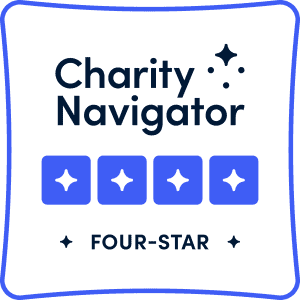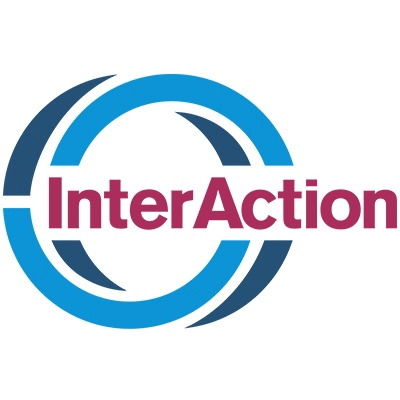Gender Equality
“Women belong in all places where decisions are being made. It shouldn’t be that women are the exception.” — Ruth Bader Ginsburg
Despite the fact that women in developing countries provide the majority of the agricultural labor, they continue to account for most of the world’s hungry. Gender discrimination limits a woman farmer’s access to agricultural inputs, credit services and a market to sell her products. These constraints lead to lower crop yields, produce sold at a lower price and, ultimately, continued poverty and hunger for her and her children. Gender-equal access to these agriculture resources could increase the average woman farmer’s crop yields.
Given the opportunity to generate and control an income, women routinely invest significant portions of their income in food, healthcare and education for their families. Unfortunately, at the moment, the majority of women in developing countries lack economic power, resulting in a higher rate of girls kept out of school, minimal access to basic health care, increased HIV/AIDS prevalence and higher maternal mortality rates. Yet women continue to bear almost all responsibility for meeting the basic needs of the family.
Although progress has been made on this goal, the global status of gender representation in parliamentary houses is far from equal. A proven way to overcome many systematic barriers to a woman’s success has been increased participation by women in local, regional and national legislation as empowered change agents.
We recognize the prevalence of gender discrimination and the global imbalance of power and responsibility and supports women to build their capacity and self-reliance as a way of overcoming obstacles. We firmly believe that encouraging women to be key change agents is an essential element to achieving the end of hunger and poverty.
Women’s Leadership Workshops in India, a Women’s Empowerment Program throughout Africa, and specialized animator trainings worldwide empower women to seek positions of power and train all of our partners, women and men, to take responsibility for improving lives in their communities.
WHAT WE DO
- Provide access to microfinance. At our epicenters across Africa, tens of thousands of women food farmers are increasing their incomes through our training, credit and savings program, and strengthening their clout in the marketplace.
- Empower elected women representatives. Campaigns such as SWEEP (Strengthening Women’s Leadership in the Electoral Process) identify and empower elected women representatives throughout India. Many participants go on to become elected women representatives. These representatives are now effective change agents for ending hunger in their villages. They form district-and state-wide federations to ensure that their voices are heard at top levels of government.
- Promote community leadership roles for women. Our Women’s Empowerment Program (WEP) empowers women to change mindsets about gender discrimination to become strong leaders in their households and communities. In Africa, every Epicenter Committee – a council that is elected to be responsible for all epicenter activities – must include an equal number of women and men.
- Celebrate and empower girl children in Bangladesh. We catalyzed the formation of a 300-organization alliance that honors National Girl Child Day each year. This day gathers tens of thousands of people in events focused on eradicating all forms of discrimination against girl children. The alliance also functions as the National Girl Child Advocacy Forum throughout the year, and THP-Bangladesh serves as the secretariat. In 2011, the United Nations formally recognized October 11 as the International Day of the Girl.
- Halt the spread of HIV/AIDS through education and awareness building. Our HIV/AIDS and Gender Inequality Campaign was launched in 2003. African leaders who were willing and able to confront the gender issues fueling the spread of HIV/AIDS designed workshops to empower communities to transform the conditions that fuel the disease. Since then, the workshops have reached millions of participants.
Related News
Make change happen. Invest in people.
Mailing address
The Hunger Project
110 West 30th Street, 6th Floor
New York, NY 10001
Get connected
Join the conversation on social, and stay connected with the latest from our partners around the world.
Stay informed
Subscribe to our newsletter to receive updates of latest news and events.
© The Hunger Project | Website by The Good Alliance






